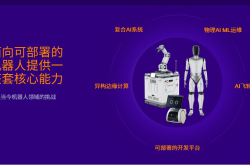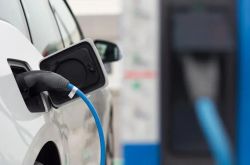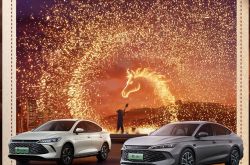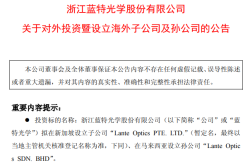The End of Heroes? Traditional Luxury Brands Face Desertion
![]() 12/16 2024
12/16 2024
![]() 530
530
The traditional luxury brand 4S store industry is currently enduring an unprecedented challenge. Renowned luxury car dealers are succumbing to mounting pressures, forcing them to shut down their operations to stem losses. From Yonghao Audi, the largest Audi dealership in Tianjin, to Xingdebao, Beijing's first global BMW 5S store, and dealerships in Fujian, Xiamen, Chongqing, and other locations, traditional luxury 4S stores appear to be in the throes of an arduous period.
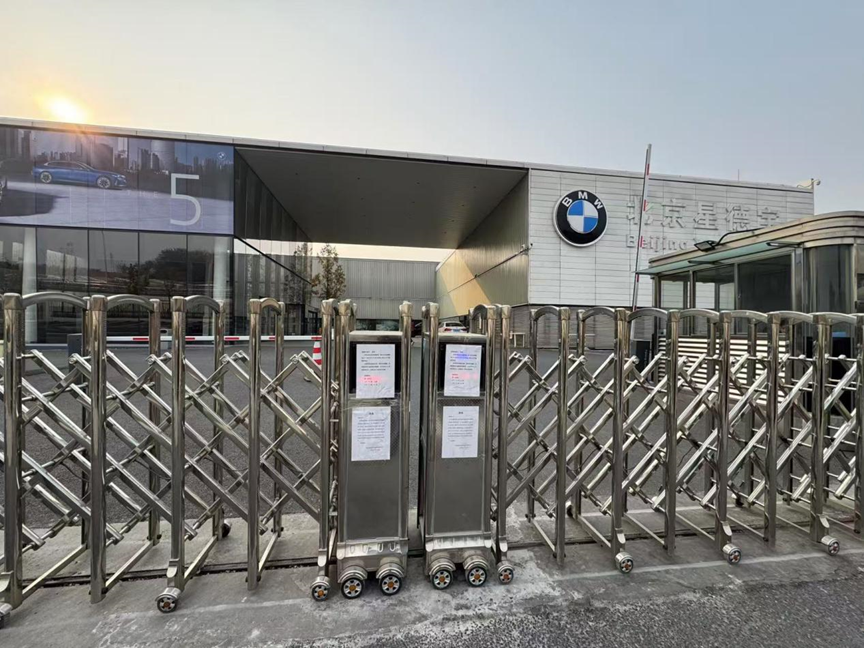
In stark contrast, dealers of emerging auto companies encounter their own set of 'troubles.' During new car launches, dealerships like Xiaomi, Hongmeng Zhixing, NIO, and XPeng are often swamped with customers, leading to marathon workdays spanning from 2 a.m. to 7 a.m. While this 'special forces' reception style is grueling for sales staff, it is also exhilarating. With domestic new energy vehicle penetration exceeding 50% for five consecutive months, China's embrace of electrification has reached an all-time high. Conversely, joint venture brands, particularly those from Japan and the United States, struggle to maintain sales through price cuts, while German, and especially luxury, brands witness declines in both prices and sales volumes. Caught in the electrification wave, joint venture brands have lost their former glory, with price reductions and sales promotions becoming the norm, a trend increasingly prominent among luxury brands. Recently, a BMW 4S store in Zhejiang province offered a limited-time discount on the BMW i3 bare car for 159,000 yuan. Despite five-year loans and multiple subsidies, a BMW priced below 200,000 yuan is a remarkable deal.
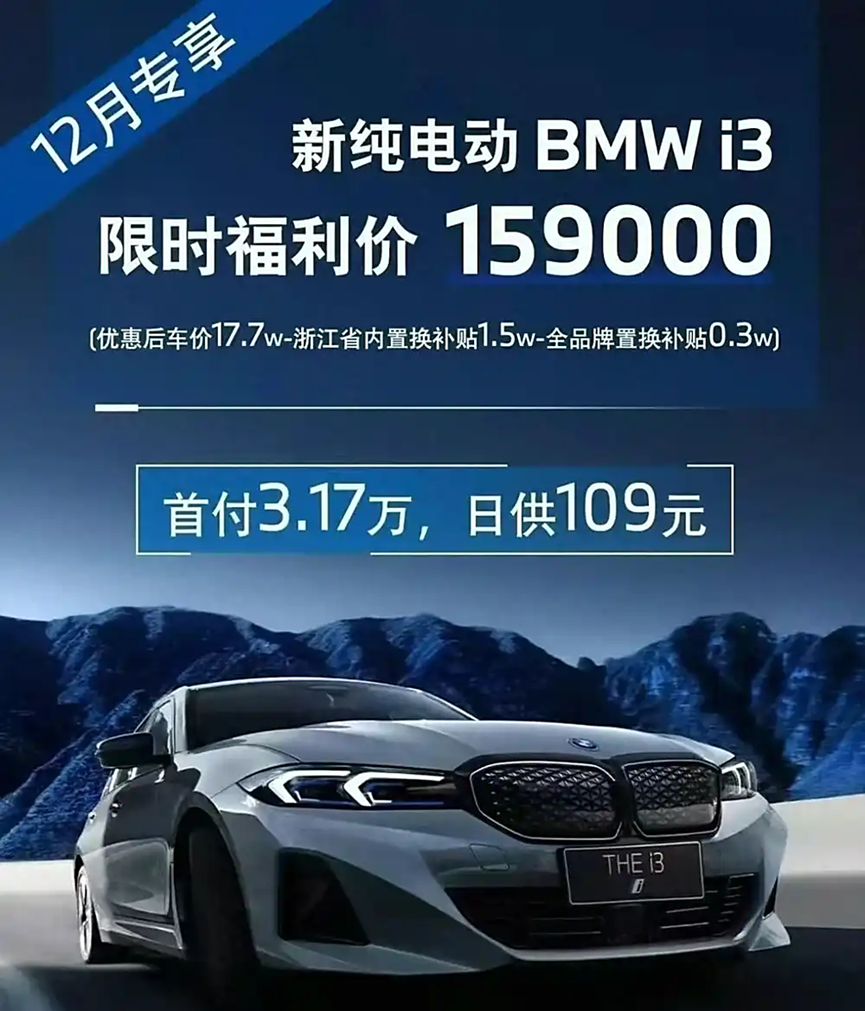
It is well-known that electric vehicle models from traditional luxury brands lack popularity and have even been dubbed 'no-name' brands. Ultimately, it reflects the market's disapproval of electric vehicles from these traditional luxury brands. Furthermore, as independent brands continually upgrade their technology while frequently reducing prices, this exacerbates the poor performance of European, American, and Japanese luxury brand electric vehicles. The predicament faced by once-prominent overseas traditional luxury brands extends beyond the mere poor sales of their electric vehicle models. Even their core gasoline vehicles are struggling. Nowadays, offering discounts of 30% to 40% on cars has become the norm, yet even these significant discounts struggle to restore the past glory of traditional gasoline vehicle sales.
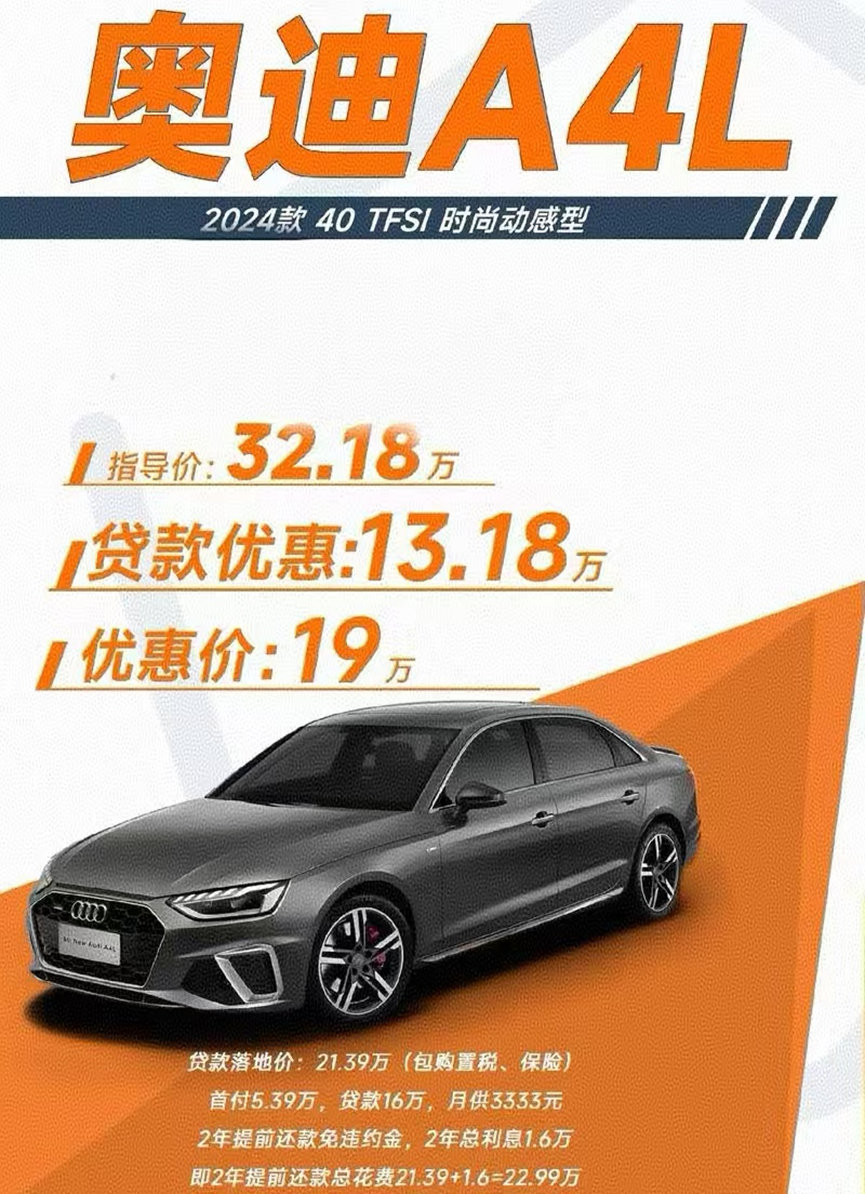
The impact of declining sales and discounted car sales has also reverberated through traditional luxury brand dealers. For dealers, offering discounts means absorbing losses from their own pockets to promote sales for manufacturers. The higher the sales, the greater the losses incurred. Not selling, however, means failing to meet sales targets, with store and personnel costs becoming the final straw. Faced with significant losses, many dealers are compelled to exit the market or seek alternative opportunities, and the enthusiasm of emerging auto companies has attracted the attention of many traditional luxury brand dealers. During the transition from traditional luxury brands to emerging auto companies, many dealers fear being left behind, leading some to 'sit on two chairs.'
The first to address this issue was the head of Audi's factory, urging dealers to 'execute the agreement of the "Dealer Agreement" and withdraw from the network.' In truth, there is no clear right or wrong in this matter. From an outsider's perspective, each side has its rationale. Affected by the price war, it is undeniable that dealers are incurring losses on sales. Although luxury brand auto companies may have invested in dealer construction in the past, and dealers were profitable, auto companies also significantly benefited. Therefore, neither side can be deemed indebted to the other. Furthermore, according to a salesperson who switched from a luxury brand to AITO, it is more accurate to say that luxury brand auto companies are pushing dealers towards AITO rather than dealers voluntarily making the switch. Once thriving luxury brand dealers now struggle to pay salaries on time, and their service levels are rapidly declining. They also face constant task demands from auto companies and are required to pledge large sums of funds. After switching to AITO, the relationship between work content and income becomes clearer and more direct.
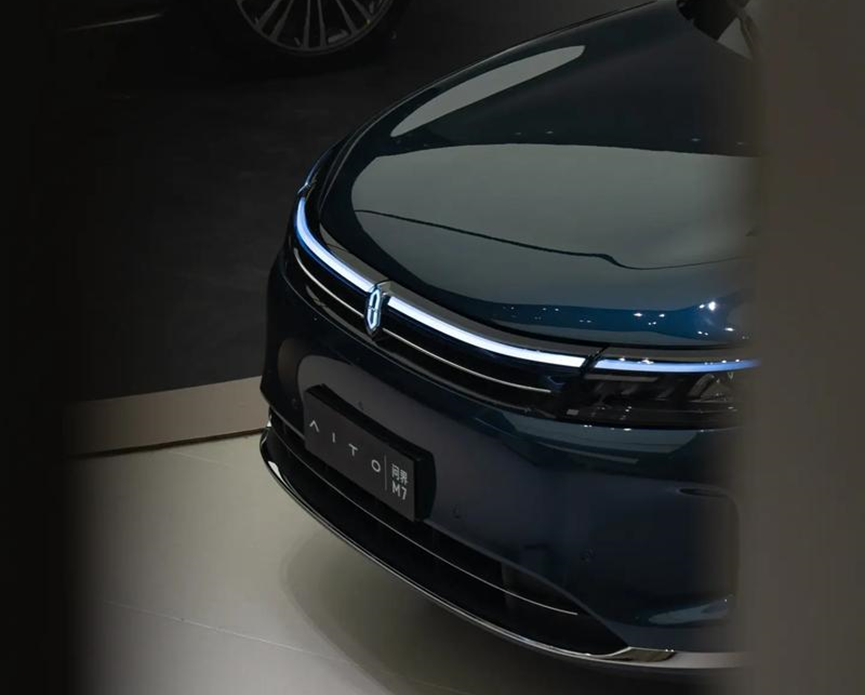
According to reliable sources, Zhongsheng Group, a leading domestic auto dealer, has obtained authorization for over 48 Hongmeng Zhixing stores and plans to renovate and update them in two phases, replacing some BMW, Benz, and Audi 4S stores. Yongda Group, another prominent auto dealer, announced that it will open at least 15 authorized Hongmeng Zhixing outlets by year-end and expects to have over 30 authorized outlets by the first quarter of 2025, fully covering the Jiangsu, Zhejiang, and Shanghai regions. Additionally, NIO has attracted the participation of over 40 traditional luxury brand dealers, including globally renowned luxury car brands such as Porsche, Maserati, BMW, Mercedes-Benz, and Audi. This shift by major domestic auto dealers is not only an adaptation to the new market environment but also a quest for more sustainable development. Amid the wave of new energy vehicles, the profit margins of traditional luxury brand dealers are being squeezed, while emerging auto companies offer new growth opportunities. This explains why dealers are switching sides. As one declines, the other grows. The reduction in dealers and stores of overseas luxury brands will inevitably impact sales. Winter is coming; how will traditional luxury brands survive the cold?
(Images sourced from the internet. Please delete if infringing upon copyright.)

